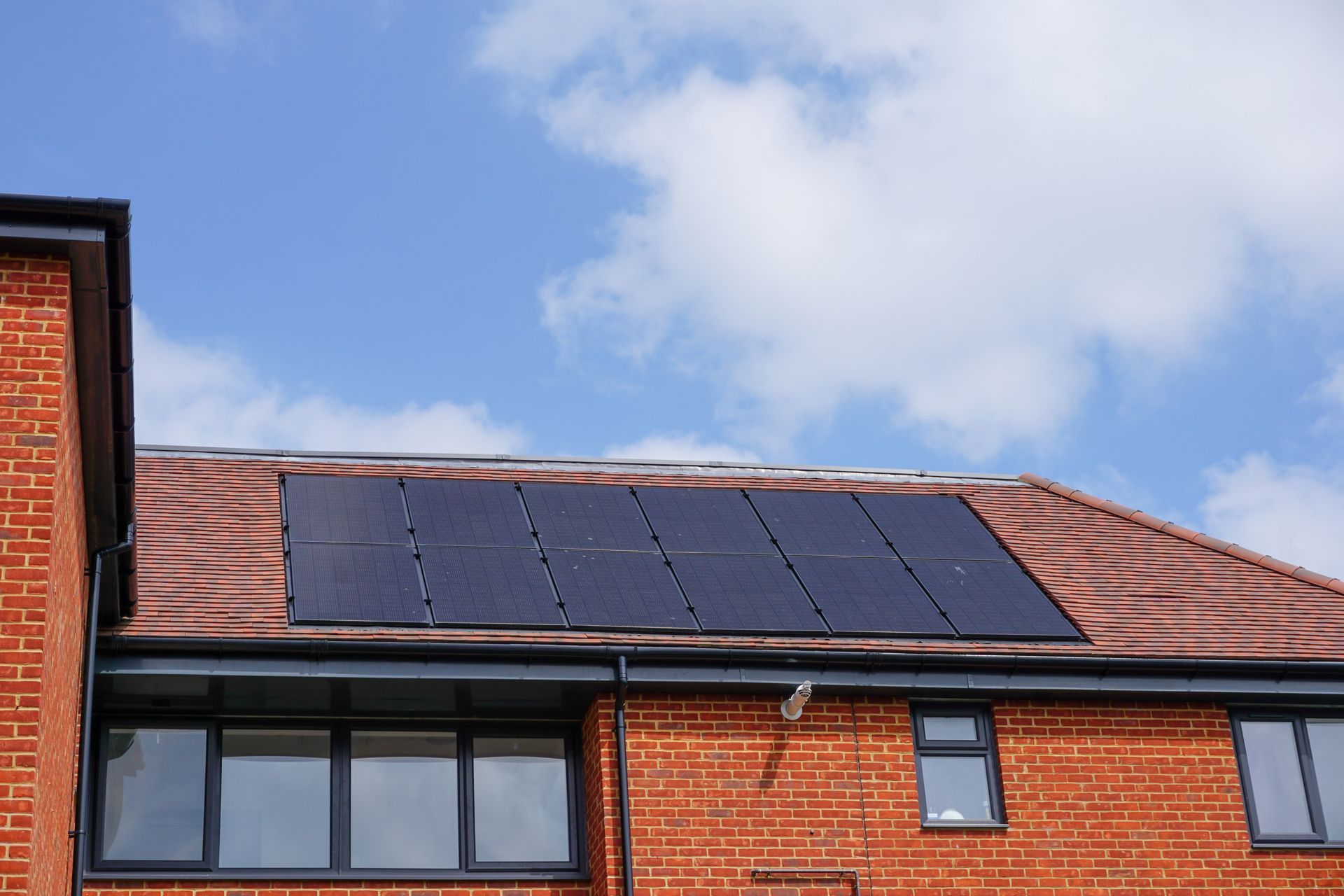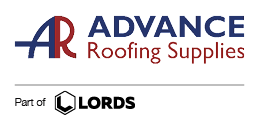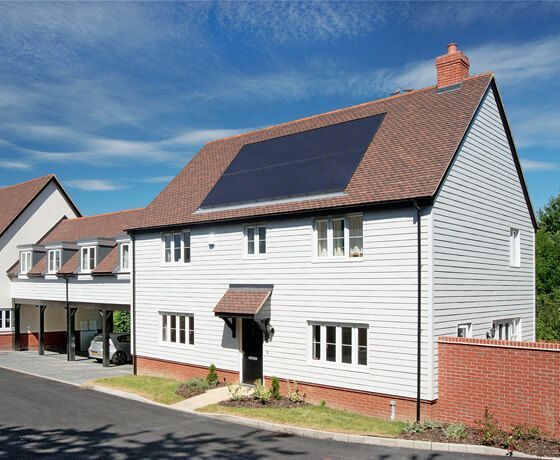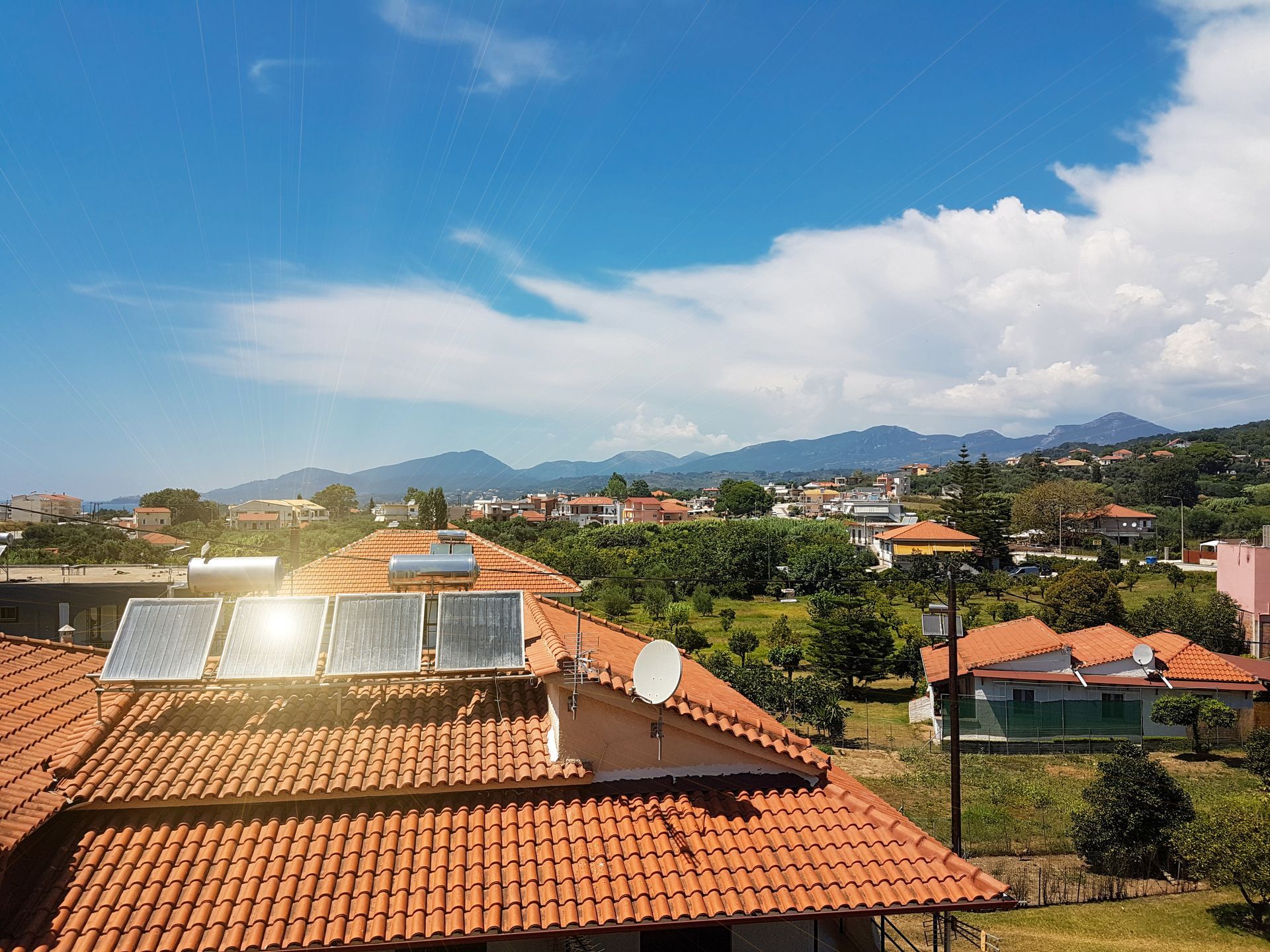Blog
Blog

14 May 2024
In recent years, solar energy has emerged as a promising alternative to traditional sources of power. With its eco-friendly credentials and potential cost savings, more and more homeowners are considering installing solar panels on their properties. However, the process of solar panel installation can seem daunting at first glance. Fear not! In this comprehensive guide, we will walk you through everything you need to know about installing solar panels on your home. Assess Your Home's Suitability Before diving into solar panel installation, it's essential to assess whether your home is suitable for solar energy. Factors such as the orientation and pitch of your roof, shading from nearby trees or buildings, and local weather patterns can all impact the effectiveness of solar panels. Consulting with a professional solar installer or using online tools to estimate your home's solar potential can provide valuable insights. To find out more about the requirements, you can check out [our latest blog post – link to Is solar right for you (to be published) ] Understand Your Energy Needs Next, it's crucial to understand your household's energy needs. Analyse your past electricity bills to determine your average energy consumption. This information will help you size your solar panel system appropriately to meet your needs and maximize your potential savings. Keep in mind that reducing energy consumption through energy-efficient appliances and practices can further optimize the performance of your solar panel system. To help you more with understanding the benefits from solar photovoltaic (PV) panels and how much money you can save, check out Energy Saving Trust Solar Panel Calculator Choose the Right Solar Panels With a variety of solar panel options available in the market, choosing the right one for your home can be overwhelming. Consider factors such as efficiency, durability, warranty, and price when selecting solar panels. Monocrystalline panels tend to be more efficient but come at a higher cost, while polycrystalline panels offer a more budget-friendly option. Research different manufacturers and consult with our experts to find the best fit for your needs. Find a Reputable Solar Installer While some homeowners may opt for a DIY approach to solar panel installation, hiring a professional installer is often the preferred choice. Look for licensed and certified solar installers with a track record of successful installations. Request quotes from multiple installers to compare prices and services offered. A reputable installer will handle the entire installation process, from obtaining permits to connecting your system to the grid. Obtain Permits and Approvals Before installing solar panels, you'll need to obtain the necessary permits and approvals from local authorities and utility companies. Your solar installer should handle this process on your behalf, ensuring compliance with building codes and regulations. Be prepared for a waiting period as permits are processed but rest assured that your installer will keep you informed every step of the way. Install and Connect Your Solar Panels Once all permits are obtained, it's time for the actual installation of your solar panels. The installation process typically involves mounting the panels on your roof, installing inverters and other necessary equipment, and connecting your system to the electrical grid. Depending on the size of your system and complexity of the installation, this process can take anywhere from a few days to a couple of weeks. Enjoy the Benefits of Solar Energy Congratulations! With your solar panels installed and connected, you can now start enjoying the benefits of clean, renewable energy. Not only will you reduce your carbon footprint and contribute to a greener planet, but you'll also enjoy long-term savings on your electricity bills. Monitor your system's performance regularly and schedule periodic maintenance to ensure optimal efficiency and longevity. In conclusion, installing solar panels on your home is a rewarding investment that offers both environmental and financial benefits. By following this guide and working with experienced professionals, you can make the transition to solar energy smoothly and confidently. Embrace the power of the sun and take control of your energy future today!
New Paragraph
Contact us
Tring: 01296 660 260
Aylesbury: 01296 423316
Beaconsfield: 01494 879 535
Information
Sign up for our newsletter
Thank you for contacting us.
We will get back to you as soon as possible.
We will get back to you as soon as possible.
Oops, there was an error sending your message.
Please try again later.
Please try again later.
Registered Company Name: ADVANCE ROOFING SUPPLIES LIMITED
Registered Address: Everett Collins And Loosley, Ecl House Lake Street, Leighton Buzzard Bedfordshire, LU7 1RT
Registered Company Number: 02971503
© 2025. The content on this website is owned by us and our licensors. Do not copy any content (including images) without our consent.


